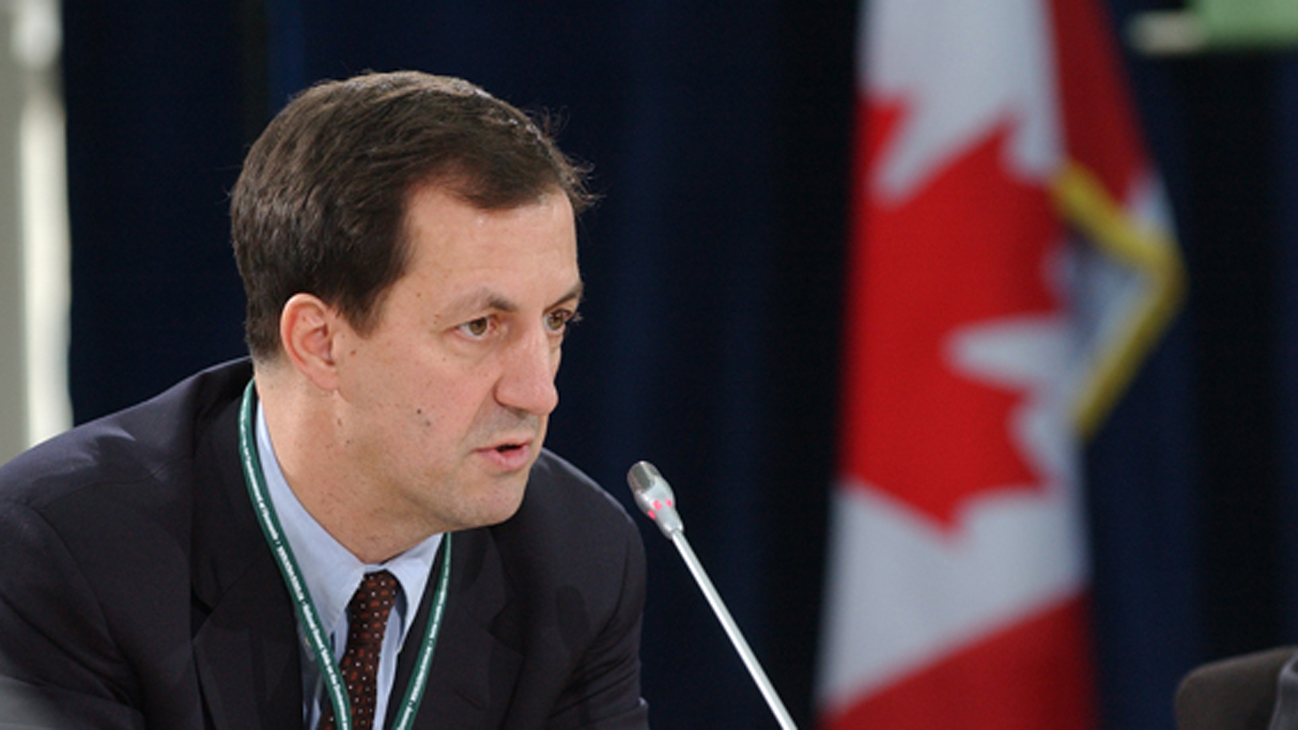As we reach the midpoint of the campaign, I think it’s fair to say the Conservative team has successfully managed expectations down.
That Nanos poll was only the latest to show them solidly in third place, at just 26 per cent, several points behind their nearest rivals. Averaging across all the polls, they are down four points since the campaign began, 2.5 of those just in the past week. They are third (by far) in Atlantic Canada, battling with the Bloc for third in Quebec, barely ahead of the Greens in British Columbia. Only in Ontario and the Prairies are they competitive.
Perhaps even more concerning are Stephen Harper’s leadership numbers, since these often presage where a party’s support is headed. Bad enough that those approving of his job performance are outnumbered two to one by those who disapprove, as they have been for some time. But a new Ipsos poll shows Harper trailing the other two leaders, not only generally but on the economy, his traditional strong suit. As recently as April he led on the issue by 17 points.
Well, 5½ weeks to go. Lots of time for the Conservatives to turn this around. A full campaign, by the usual yardstick. Except it’s hard to see what’s likely to change. If the Tories were capable of a barn-storming campaign full of zest and urgency, they would not have pursued the kind of leaden, inert campaign they have until now.
True, they have been held back throughout the early going by events that were not of their, or at least the campaign’s, making: the Duffy trial, the “recession” data dump, the sudden eruption of the Syrian refugee crisis, four years on, as a front-page story. But campaigns that are driving the agenda — that have agendas to drive — are not so easily knocked off course. And campaigns, and leaders, with sound political instincts react to events in ways that turn them to their advantage. Campaigns with no purpose led by people with tin ears do not.
There was no inevitability to any of this. I do not hold with the notion that governments die of old age, that after 10 years or so they simply wear themselves out. To be sure, the longer a government is in power, the more it will tend to fall in upon itself, listening only to what pleases it, unable to see how it is perceived by those outside the tribe. But those tendencies have been with this government from the beginning.
To that extent, the party’s current woes were foreordained. What once were its strengths, in a narrow partisan sense — fierce loyalty, swaggering self-confidence, calculation and ruthlessness in equal measure — have in present circumstances become liabilities. But it has made things much worse for itself in this sour, sullen, strangely passive campaign.
What actual reason are the Tories giving people to vote for them? What is the proposition they are laying before the public, other than, as in the Hilaire Belloc poem, “to always keep a-hold of Nurse, for fear of finding something worse”? Can anyone recall what their platform consists of, besides a recitation of their thin record and a few well-placed bribes to this or that micro-demographic?
There is no project the party asks the public to endorse, no ambition it invites them to share, other than that most inspiring of clarion calls, More Of The Same. To the question, why should the voters re-elect them, the Tories can offer no brighter answer than: Why not?
Not even their base is excited by that. And their base, let us recall, is all they have. Beyond the one in four Canadians who now say they will vote for them, the Conservatives can hope to appeal to another five per cent at most: the ones who now favour other parties, but mark them as their second choice.
Activist government does not have to mean big government. The Conservatives could, if they chose, seek a new mandate to liberalize Canada’s cosseted, over-regulated markets, notably in agriculture, transportation, telecommunications and finance. They could campaign on a radical plan to reform and simplify the tax code, eliminating preferences and cutting rates for all. They could ask the public’s backing to eliminate, once and for all, corporate subsidies, and other forms of cronyism and rent-seeking.
Well no. They could only choose to do any of these things if they were not the modern Conservative party — if they had not made a blood oath to one another to reject anything that smacked of a principled or coherent approach to governing, in favour of that random, expedience-driven drunkard’s walk that exalts itself as “pragmatism.”
The hell of it is that, having adopted at one time or another all of the policies of their opponents, the Tories find they can no longer even mount a convincing fear campaign against them. Are we to tremble at warnings of $10-billion Liberal deficits, from the party that added $150-billion to the national debt? Is it to be imagined an NDP government would meddle in the economy more egregiously than the party that promised to regulate the price of every good in Canada into conformity with its American counterpart?
This is the great achievement of the Harper government. Not only has it made itself unelectable, but it has made even conservatives indifferent to its fate. It did not invest its political capital in difficult but necessary changes to national policy. It frittered it away on pointless vendettas, sideshows and gewgaws, all the while congratulating itself on its cleverness. Yet for all its aimless vote-chasing, it has managed it make itself more unpopular than if it had actually done anything worthwhile — while still being cursed as unspeakably right-wing.
It is a remarkable feat, is it not — to have discredited conservatism without actually practising it.

